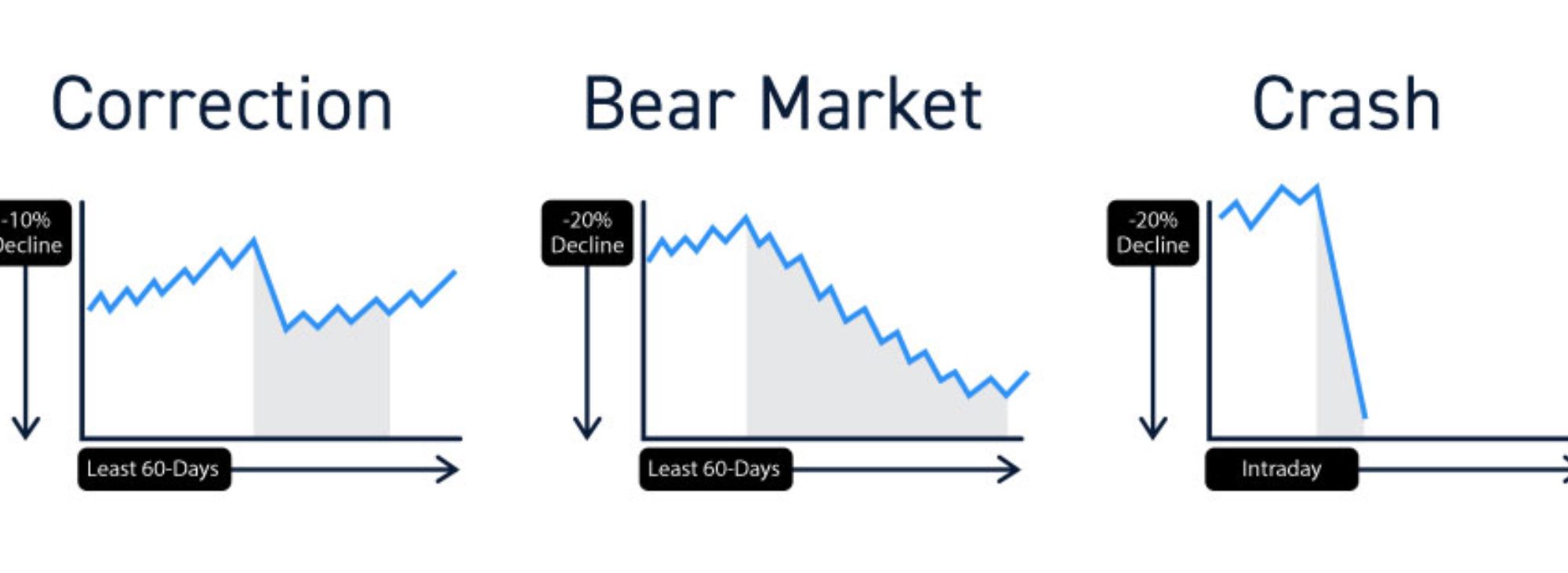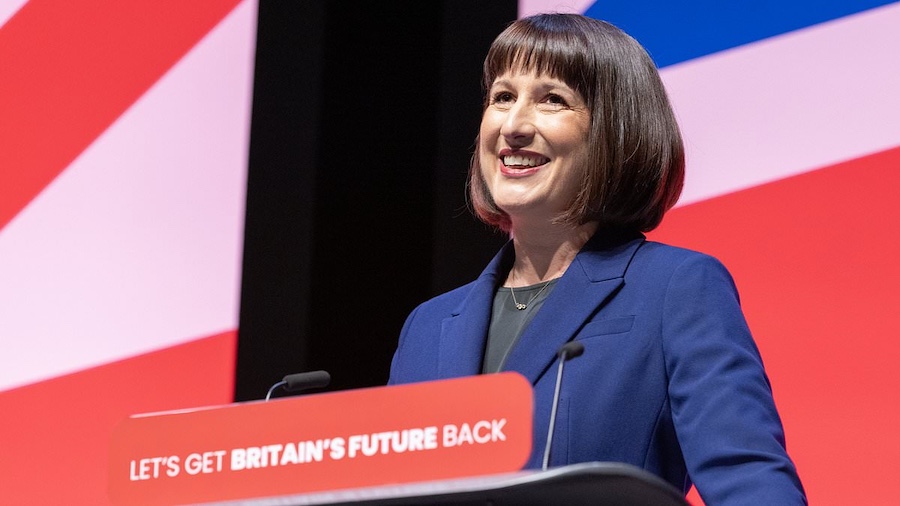There have been 27 market corrections since 1974. There’s no universally accepted definition of a correction, but most people consider a correction to have occurred when a major stock index, such as the S&P 500® Index or Dow Jones Industrial Average, declines by more than 10% but less than 20% from its most recent peak. It’s called a correction because historically the drop often “corrects” and returns prices to their longer-term trend.
Even understanding that corrections do occur regularly, often doesn’t help investors with a propensity to worry to handle these setbacks. Every significant reversal from an upward trend feels like a punch to the stomach.
Regular market setbacks are a function of the system, not a glitch. Without smaller setbacks along the way, you can be sure a much larger crash will follow at some point. Usually all the factors that lead to a change in investment sentiment were already in place and accepted, until one day those same factors are perceived as unacceptable. Still we need to learn from these episodes and endeavour to understand why market confidence suddenly evaporates. I continue to read extensively and believe that one of my go to sources of information succinctly describes why the markets have been so upset, so quickly.
Trump
On an obvious level the upset market is all down to Trump’s actions, but probably not for the reason the mainstream media has suggested. In most of the “quality” US financial press channels, Donald Trump, Elon Musk & Co are deplorables. Stirring hatred through clickbait grabs attention, accumulates viewers and readers, which brings in advertising revenue. So don’t expect a balanced view anytime soon from presenters and journalists schooled in never wasting an opportunity to present regular occurrences as complete crises. However don’t forget a large minority of the population of the US didn’t vote Republican and want to see him fail, many traders on Wall Street included.
Continue reading “Market Corrections”


